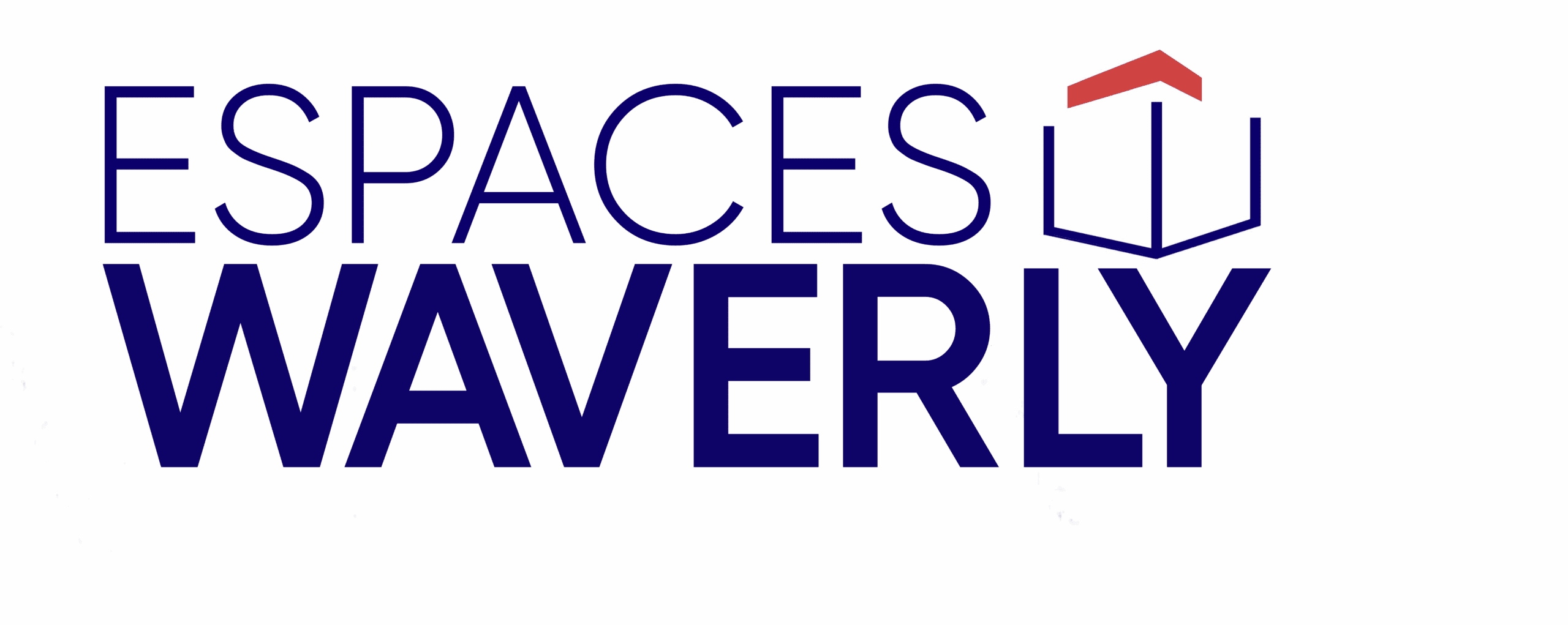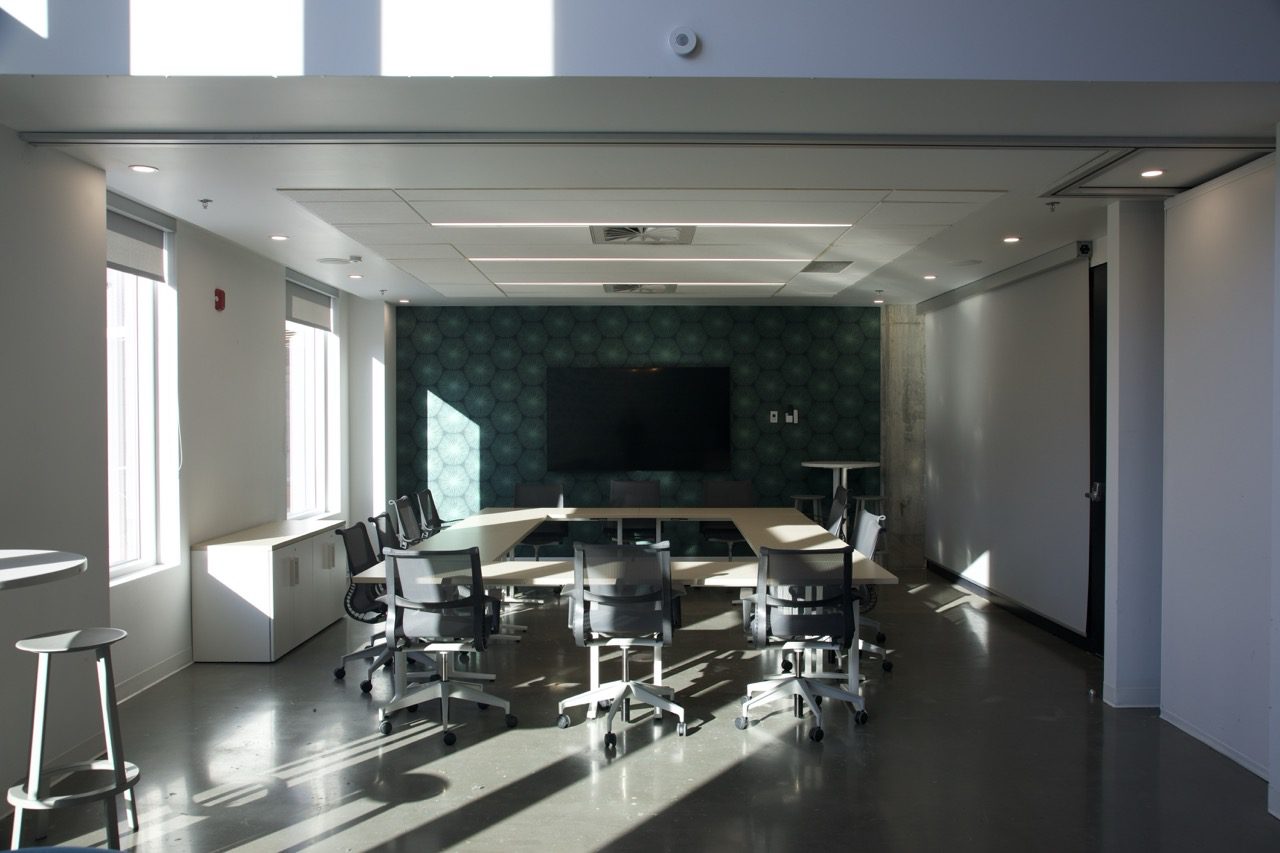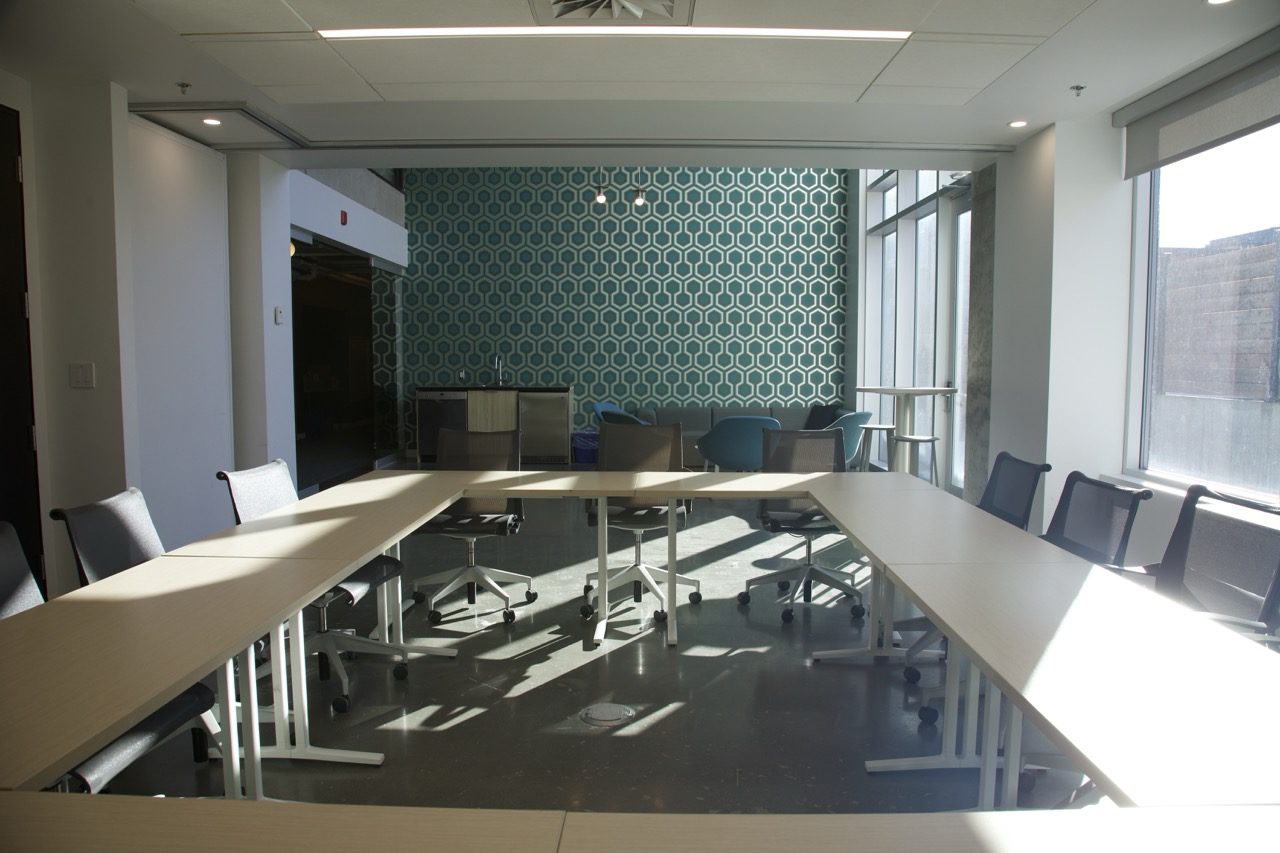Starting a business is a daunting challenge. Between securing funding, building a team, developing products, and winning customers, startup leaders juggle a multitude of priorities. Even when the business grows and becomes an established SME, the challenges evolve but do not disappear. One of the major, often underestimated issues is workspace management. Finding a suitable, flexible space that can keep pace with the company’s growth is crucial to supporting its ambitions and ensuring productivity. This is where flexible coworking spaces stand out as an effective and strategic solution for businesses of all sizes.
The importance of space for a start-up
For a start-up, the workspace is not just a place to set up an office. It represents the heart of the business, a place where ideas take shape and where the corporate culture begins to develop. Many young companies choose modest spaces to keep costs down, but needs quickly evolve. Agility and flexibility become priorities.
Coworking offers a ready-to-use environment with professional infrastructure, reliable internet connection, functional meeting rooms, and stimulating common areas. For a startup, this means it can focus on innovation and business development rather than logistics. The rapid establishment of an operational space reduces barriers to launch and allows the business to start immediately.
Flexibility and scalability for the initial phases
One of the biggest challenges for start-ups is uncertainty. Teams can grow rapidly, or conversely, need to adjust their headcount based on market traction. In a traditional lease, these adjustments are difficult and costly. Flexible coworking spaces offer the possibility to increase or decrease office size according to the actual needs of the business.
This flexibility is particularly useful in the early stages, when every decision can have a direct impact on cash flow. Start-ups can thus benefit from a professional environment without tying up significant resources in a fixed space. They can also test different types of layouts to find the one that best promotes collaboration and productivity among their teams.
Coworking as a catalyst for networking
Beyond logistics and flexibility, coworking offers an often underestimated advantage: professional networking. In a shared space, a startup is surrounded by other entrepreneurs, experts, and professionals from various sectors. These daily interactions, even informal ones, can lead to partnerships, strategic advice, or even business opportunities.
For a young company, the opportunity to rub shoulders with mentors or more established companies in the same space can accelerate learning and avoid costly mistakes. The community becomes a real lever for growth, offering support, inspiration, and exchanges of experience.
Transition to an SME: adapting needs
When a start-up crosses the threshold and becomes an established SME, its space requirements change. Teams grow in size, roles become more diverse, and interactions with customers become more frequent. In this context, flexible space continues to play a key role. It allows the working environment to be adapted to the new structure of the company without having to move or negotiate a complex lease.
Meeting rooms, private offices, common areas, and included services enable SMEs to maintain a professional environment suited to their activities. The flexibility of coworking thus supports growth without creating additional constraints for managers.
Cost optimization and simplified management
Established SMEs are facing new financial challenges. Cost optimization is becoming crucial to supporting growth while investing in strategic projects. Coworking spaces offer a cost-effective solution by combining several services in a single subscription: maintenance, security, furniture, internet, and administrative services.
By reducing fixed real estate costs and simplifying day-to-day management, coworking frees up time and resources for strategic initiatives. Leaders can focus on business development, recruitment, and improving internal processes without being distracted by operational tasks.
Promoting corporate culture and well-being
Corporate culture is a determining factor in the success of an SME. It influences employee motivation, collaboration, and talent retention. A well-designed coworking space promotes a stimulating, modern, and welcoming work environment.
The ability to set up collaboration areas, private offices, and relaxation spaces helps to strengthen team engagement. Managers can organize internal events, workshops, or creative meetings in a flexible setting that adapts to the needs of their business. Employee well-being is thus taken into account, boosting productivity and overall satisfaction.
Access to resources and technologies
Coworking spaces often provide access to technology and resources that some SMEs would not be able to afford on their own. Professional videoconferencing tools, presentation equipment, and advanced IT solutions are made available. This allows companies to remain competitive and benefit from high-quality infrastructure without a significant initial investment.
For a growing SME, access to these resources reduces technological barriers and facilitates the implementation of effective processes. This allows managers to focus on strategy and innovation rather than on implementing and maintaining costly technical solutions.
Reduction of real estate constraints
Changing workspaces to accommodate growth is often a costly and complex process. Coworking removes this constraint by offering flexible solutions. SMEs can increase the number of workstations, reserve additional private offices, or access larger meeting rooms as they grow.
This adaptability allows managers to manage their growth smoothly, without disrupting the team or operations. The flexibility of coworking becomes a real strategic lever, supporting each stage of the company’s growth.
Professional image development
The transition from a start-up to an established SME also requires projecting a credible professional image to customers and partners. Modern coworking spaces offer attractive, well-located environments, enabling companies to strengthen their brand image.
Receiving clients or investors in an elegant and functional setting shows that the company is organized, serious, and ready to grow. This helps to build trust and facilitate business negotiations.
The example of Espace Waverly: a partner for growth
Espace Waverly perfectly illustrates how coworking supports business growth. With its flexible offices, modern meeting rooms, and included services, it allows startups and SMEs to focus on their development without worrying about logistics.
The flexibility offered by Espace Waverly allows the space to be adapted to the needs of each stage: shared offices for young teams, private offices for growing departments, and access to collaborative spaces for strategic projects. Management and support services save executives time and reduce the stress associated with day-to-day operations. Finally, the dynamic community promotes exchanges and professional opportunities.
Conclusion
Flexible coworking is a valuable ally for businesses, from start-ups to established SMEs. It offers the flexibility needed to support growth, reduces operational constraints, promotes innovation and collaboration, and helps strengthen your professional image.
By choosing a space like Espace Waverly, executives can focus on leadership, strategy, and business development. They benefit from an adaptable, stimulating, and professional environment that supports every stage of growth, while optimizing costs and improving quality of life at work. Coworking is not only a practical solution, it is a real strategic lever for success in a competitive and constantly changing business world.


